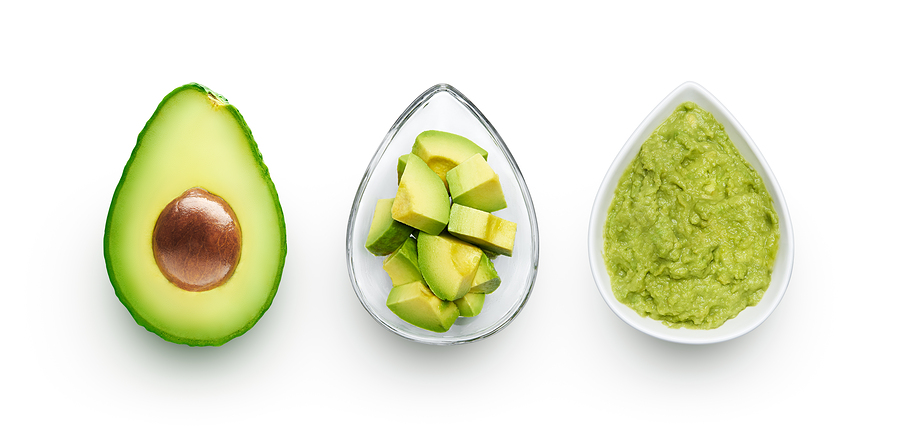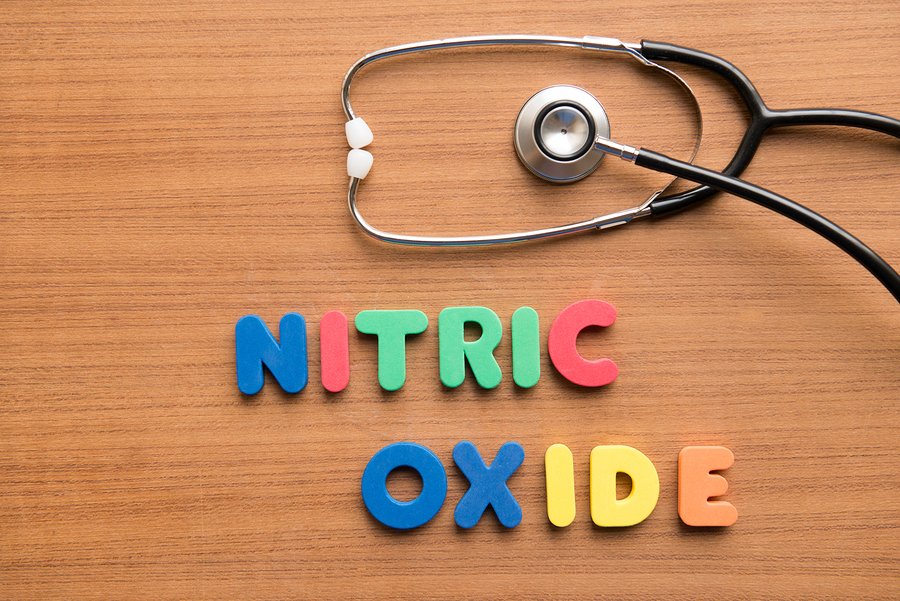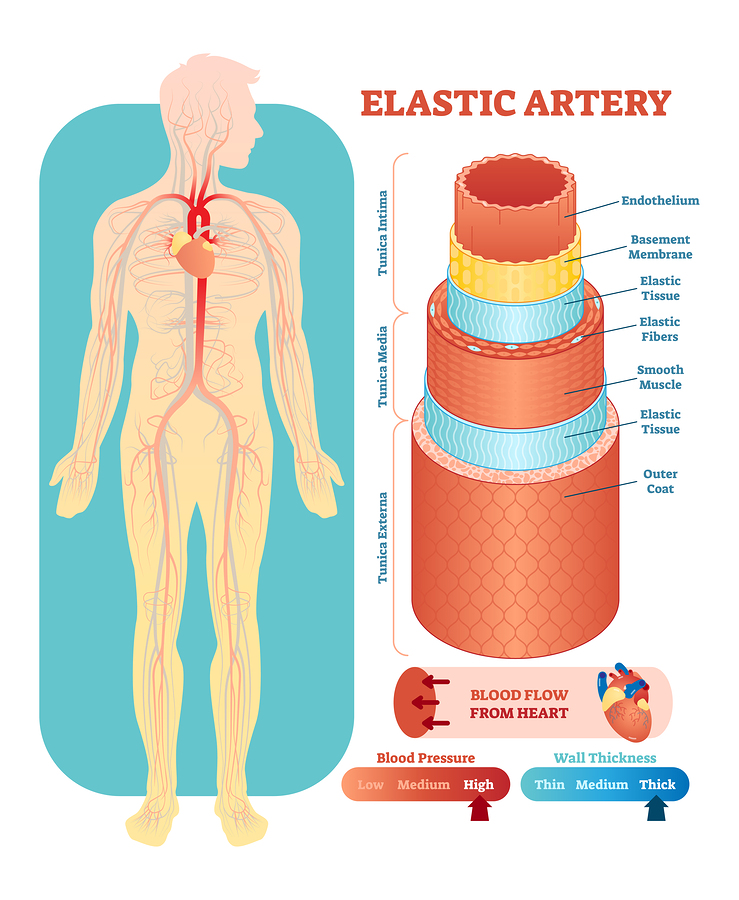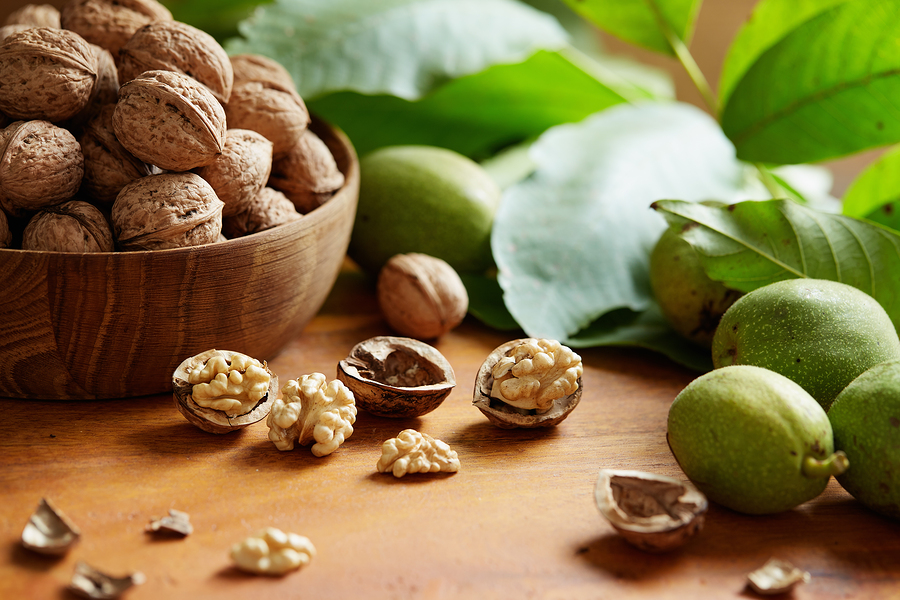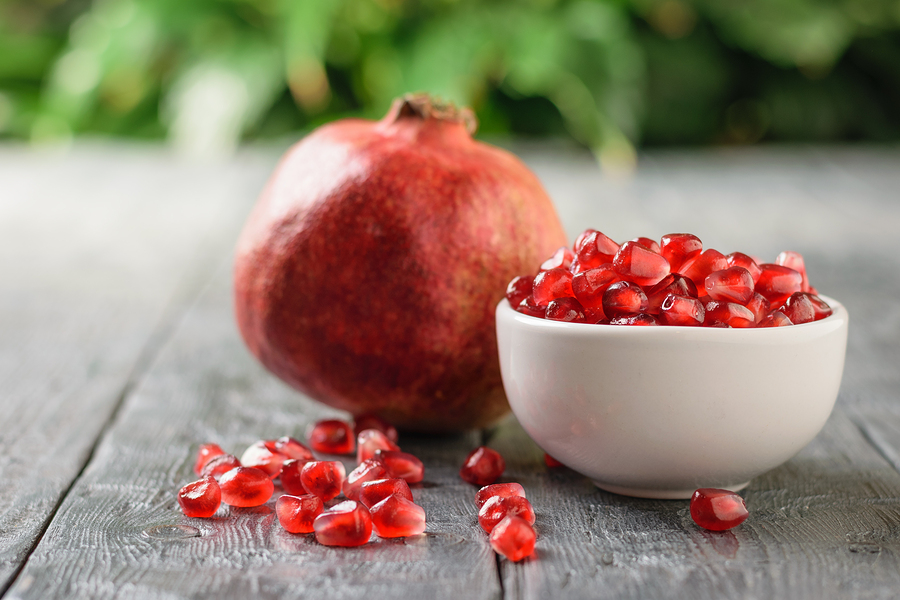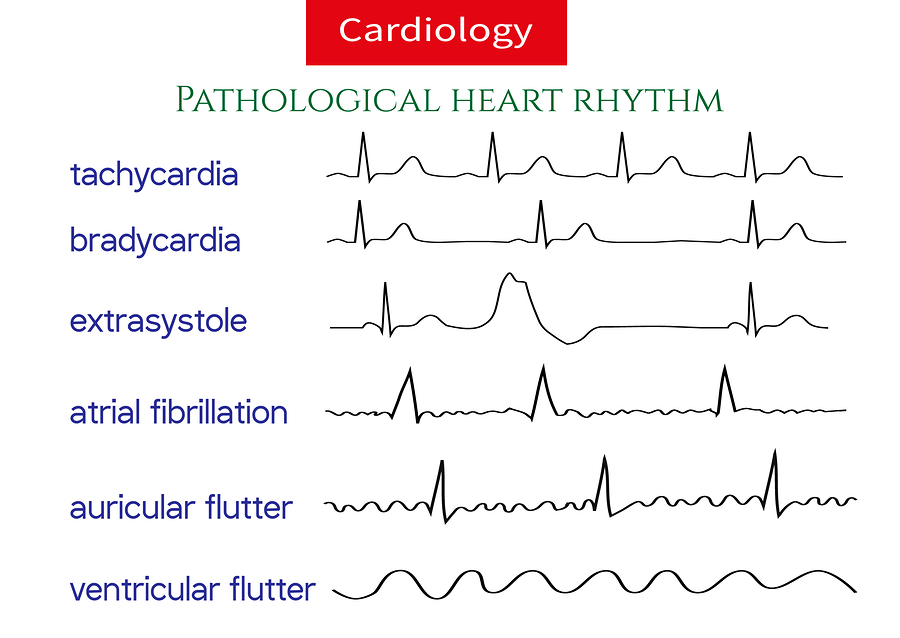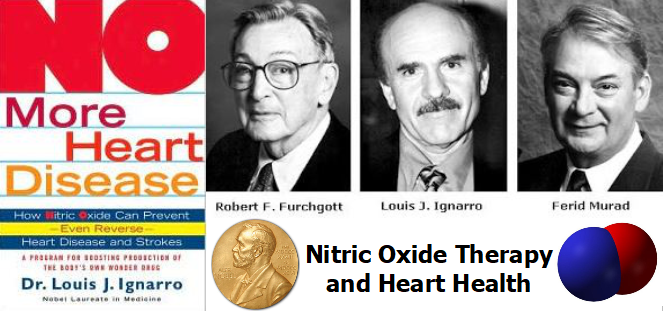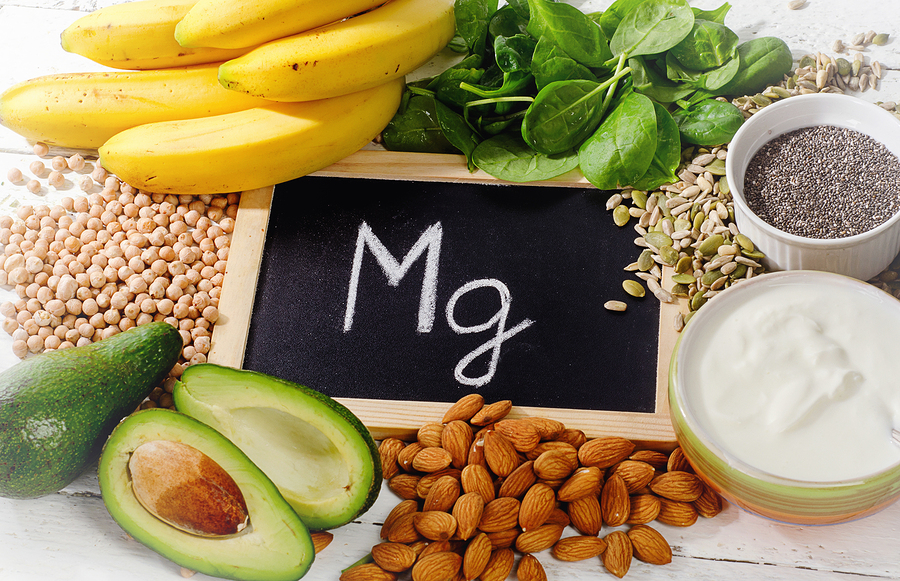The recent headline about how avocados lower bad cholesterol caught my attention. And the reason why is that the key to vascular health is addressing inflammation.
Vascular inflammation typically leads to plaque formation. This can significantly increase your potential for a heart attack or stroke.
Anything you can do to prevent vascular inflammation can help to reduce your risk for strokes and heart attacks.
One of the key contributors to vascular inflammation is bad cholesterol, which the medical community labels as LDL or Low Density Lipoprotein.
But the real cause of vascular inflammation is not LDL but oxidized low-density lipoprotein (LDL) and small, dense LDL particles.
By itself LDL does not damage the lining of your vascular system. What is call the endothelium.
Unfortunately, dietary choices create the environment for what are called free radicals. These are unstable molecules that are missing an electron in their outer orbit. To stabilize themselves they steal an electron from another molecule.
This process than creates another free radical, which continues this process until eventually damage is done to your cellular tissues. The result is inflammation.
In a recent 2015 study published in the Journal of the American Heart Association, the participants who ate one avocado per day, while following a moderate-fat diet, had an average 13.5 mg/dl drop in bad or LDL cholesterol.
Avocados Lower Bad Cholesterol
Penn State University just released information to support how avocados lower bad cholesterol. Read More →
